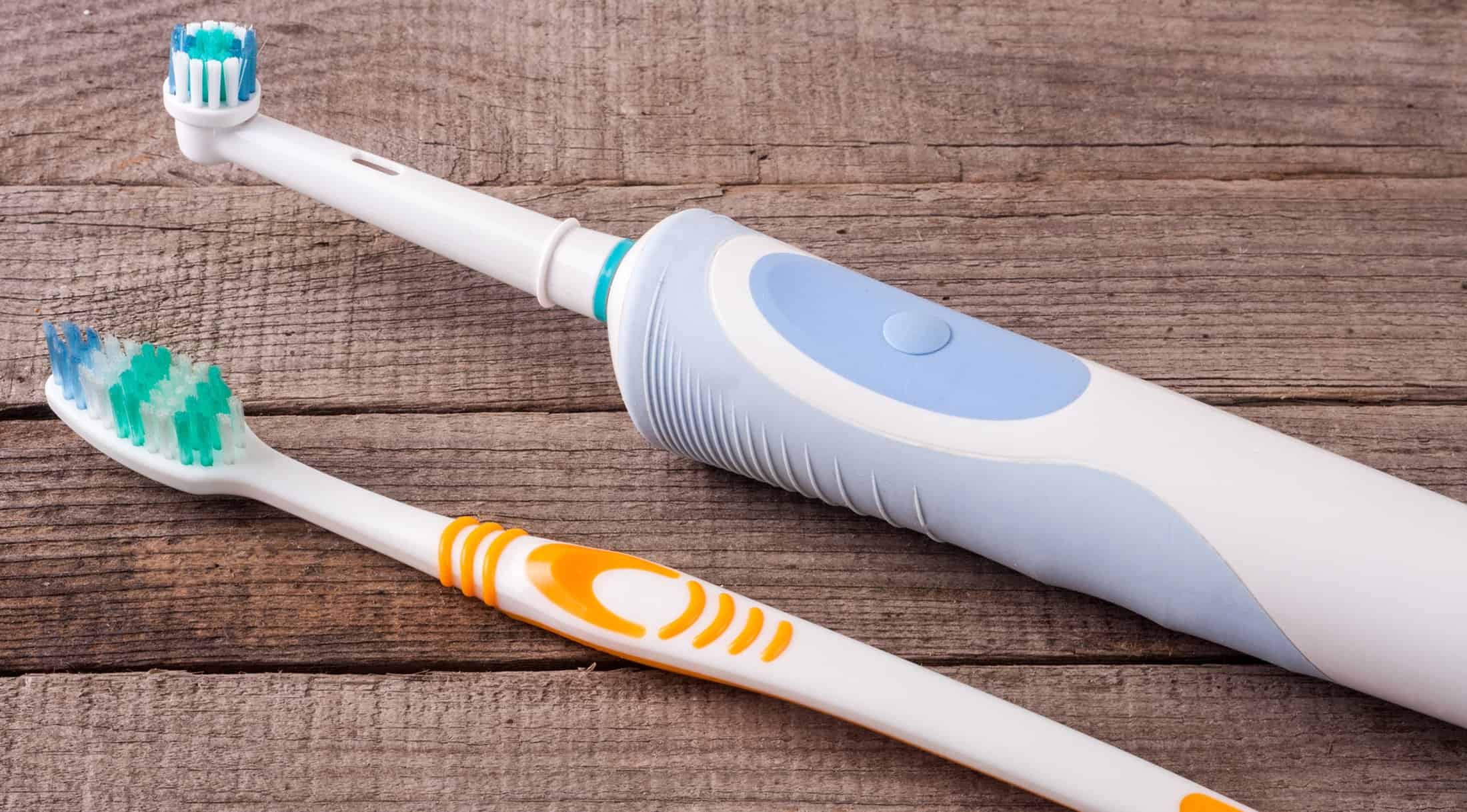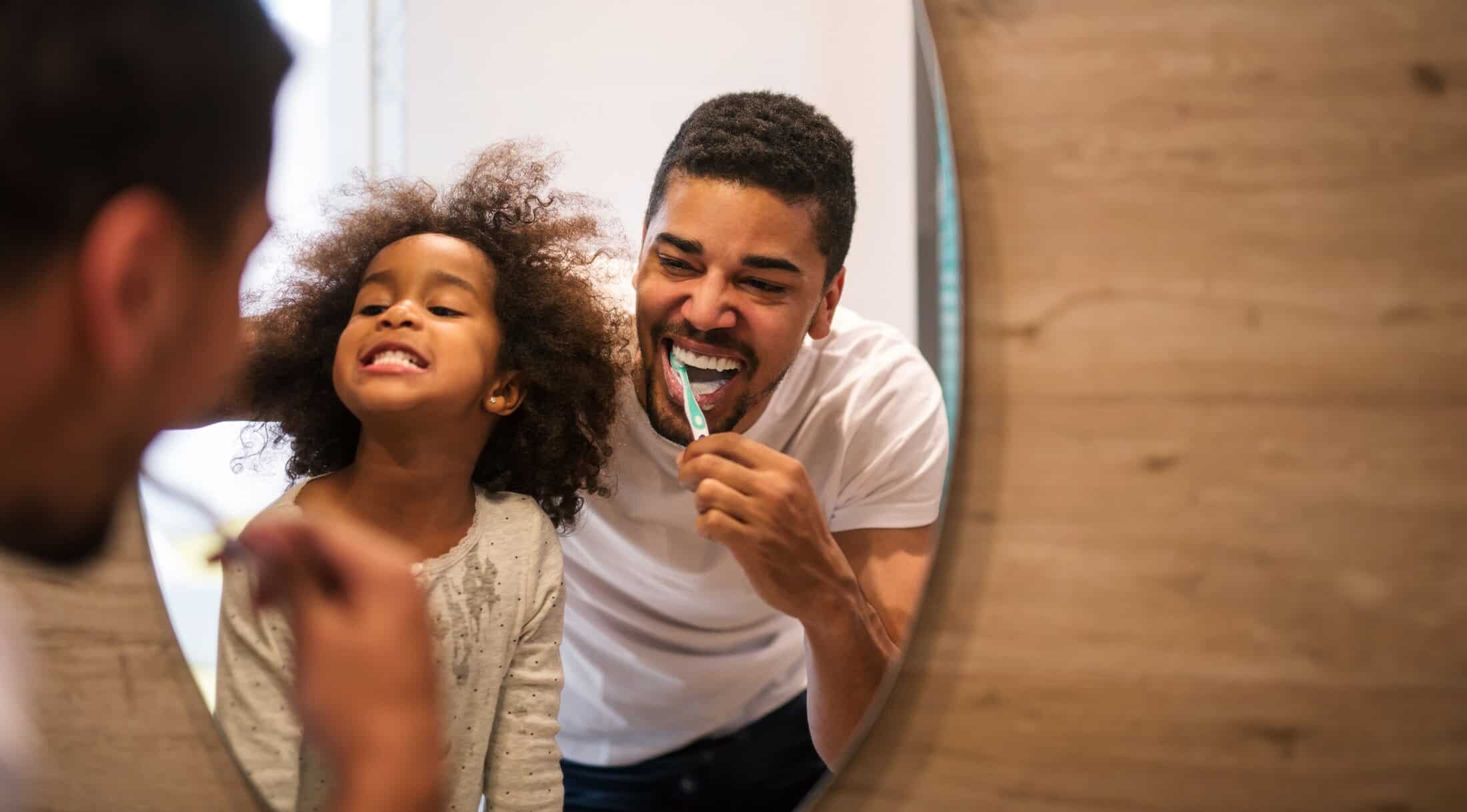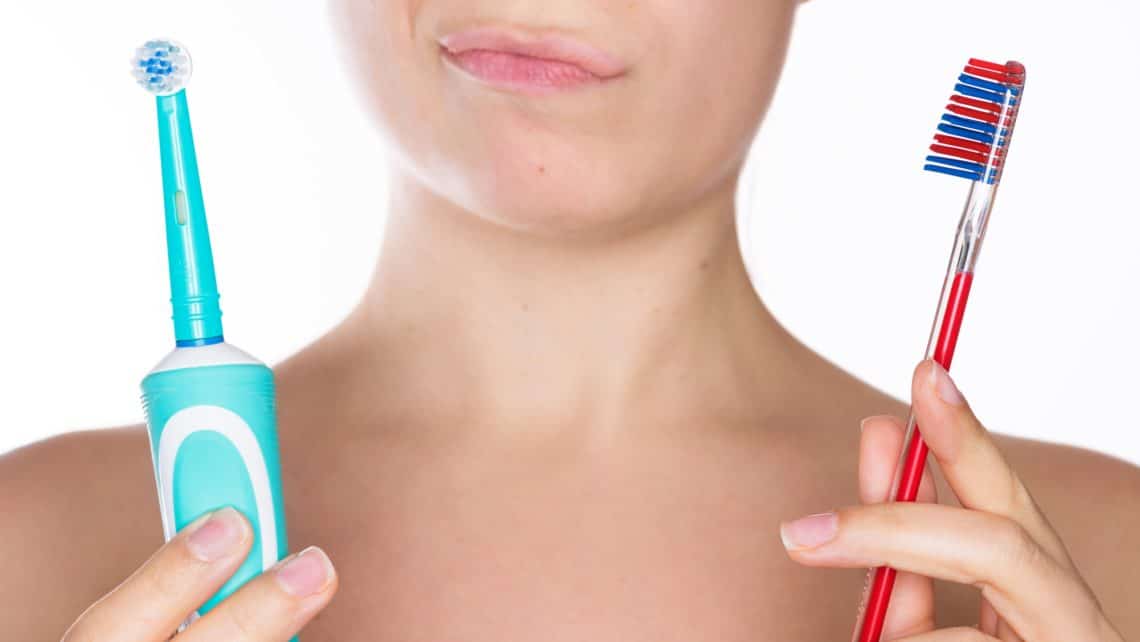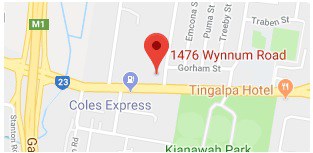These days more and more people opt for electric toothbrushes. The oral health aisle in the supermarket is filled with various brands of electric toothbrushes, from single brushes to family packs that hold 3-4 brush heads. A few years ago, electric toothbrushes were a novelty and patients would switch to an electric toothbrush on the advice of their dentist. However, these days people buy electric toothbrushes off the shelf which begs the question, is an electric toothbrush better than a manual toothbrush?
According to the findings of a new study in 2019 that took many years of research, electric toothbrushes clean teeth and gums much better than a manual toothbrush.
The study also found that people who use electric toothbrushes have healthier gums, less tooth decay, and retain their teeth longer, compared with those who use a manual toothbrush.
Many dentists agree that a manual toothbrush can be just as effective at reducing plaque, tooth decay, and gum disease based on a good brushing technique, but different toothbrushes are better suited to different people.

Benefits of electric toothbrushes
The above study found that electric toothbrushes, especially those with heads that rotate in both directions, i.e., “oscillating” heads are effective at removing plaque. This helps keep tooth decay and gum disease at bay.
An electric toothbrush can make cleaning your teeth easier because the rotating brush head does most of the work for you. As well as being more convenient, this can make an electric brush especially useful for people with limited dexterity, such as those with arthritis.
An electric toothbrush is also effective with children, especially those who have just started brushing their teeth and find it hard to use a standard toothbrush. It is ideal to use an electric brush to lower the risk of tooth decay. However, always consult your dentist when it comes to children.
Another benefit of electric toothbrushes is they have pressure sensors that alert the user if they are brushing too hard. This is extremely useful for people with sensitive teeth and gums who can maintain even pressure while brushing.
An electric toothbrush is also an excellent investment because you would only rotate the brush heads while using the toothbrush handle for many years.
Benefits of manual toothbrushes
A manual toothbrush offers greater control of movement and pressure than an electric toothbrush. For some people, the act of brushing is a soothing act and the feeling of brushing with a standard manual toothbrush can be cathartic.
A manual toothbrush comes with a wide choice of toothbrush heads and shapes. Plus, they are convenient for travel as they are smaller, do not need charging, and easily disposable.
Some people may be put off by the expense of buying an electric toothbrush and may consider it an expense compared to a cheaper manual toothbrush.
Children who are just starting to brush their teeth by themselves could find a manual brush easier to use and control unless the dentist recommends an electric toothbrush.
What is the right toothbrush for me?
There is no hard and fast rule of which is the best toothbrush for you. The best type of toothbrush depends on the person and what may be recommended by the dentist. Whatever the brush may be, it is always advisable to choose a small toothbrush head with medium bristles. You can choose soft bristles if you have sensitive teeth or gums. Hard bristles should be avoided as they could scratch the tooth surfaces if you brush roughly unless prescribed by your dentist.

What is the right way to brush your teeth?
No matter which toothbrush you choose, the rules for brushing are the same and it is important to follow a good brushing technique to keep your teeth clean and plaque-free. Plaque starts to form near the gum line, so when you are brushing aim the toothbrush bristles at the gum line. Then move the toothbrush in a circular motion so that it sweeps plaque away from the gums.
Follow the below steps for effective brushing:
- Brush twice a day, ideally before breakfast and before going to bed
- Brush for two minutes, spending 30 seconds in each quarter of your mouth. This is easier in an electric toothbrush that beeps after 30 seconds
- Use a minuscule amount of fluoride toothpaste
- When brushing with a manual toothbrush, use small circular movements
- Clean the front, back, and chewing surfaces of all teeth
- Gently brush your tongue to remove bacteria
- Do not swallow any toothpaste
- Do not rinse your mouth after brushing, so some fluoride can remain on your teeth for protection
- Replace a manual toothbrush or electric toothbrush head every three months or after an illness
Want to know more about brushing?
Book a consultation by calling our friendly team on 3390 6100 or by emailing us. Or click here to book your appointment online.












Leave a Comment